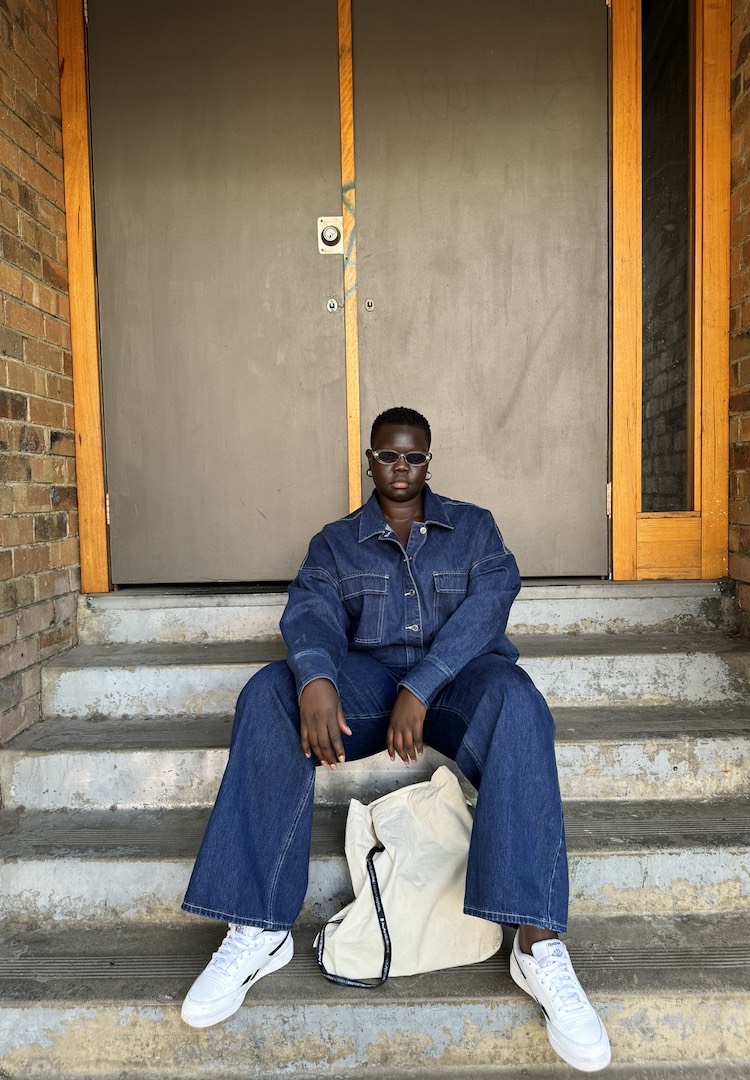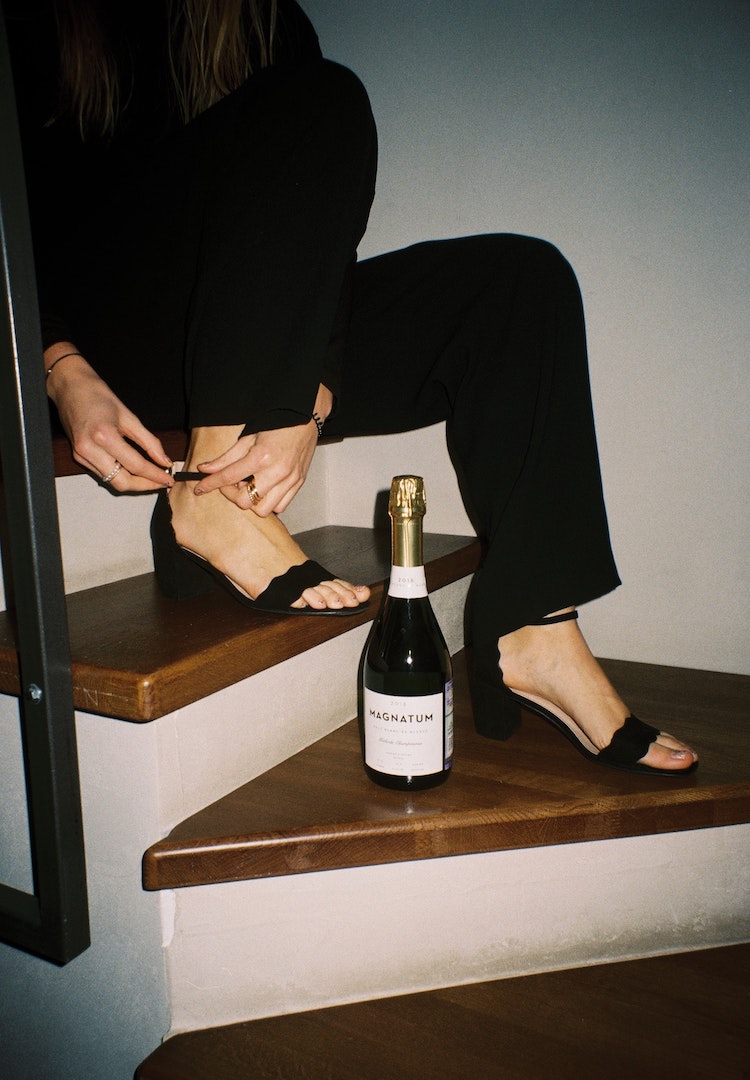It’s time to stop bragging about your side hustle
Photography by Kai Lao
Words by Isabelle Sacks
A main hustle is quite enough for me, thanks.
Between lightly stalking my Hinge matches and applying for entry-level jobs that require three to five years of experience, I’ve had the misfortune of spending a fair amount of time on LinkedIn recently.
This means I’ve encountered enough career and money influencers to see a lot of the same pieces of advice repeated over and over again. Much of it is sensible and innocuous. Some of it is downright bad.
What I’m most tired of hearing, though, are admonishments to ‘always have a side hustle’, or more plainly, to compulsively stack extra work on top of the full-time work you already have.
What is a side hustle though?
A side hustle, for those who don’t know, is additional work – either another job or maybe a small business based around your hobby – that you take on outside of your main source of income to earn some extra money.
This could be driving for Uber, designing resumes, selling crafts on Etsy, cleaning houses, or writing think pieces (this last side hustle, by the way, is not very profitable in my experience).
Beyond the extra stream of income, side hustles are often billed as offering ‘flexibility’ and the option to cultivate a passion into a profit-making venture without waving bye-bye to the stability of a full-time job.
In reality, many offer insecurity, unpredictable pay, and few workers’ rights. (I’m not even going to touch on that multi-level marketing scheme some girl you vaguely knew in high school is trying to get you to join.)
It’s the gig economy, stupid
Apart from a minor post-global financial crisis rebrand and some added aspirational rhetoric, it’s hard to distinguish side hustles from a much less-recent trend: having to juggle a number of jobs to help pay the bills.
Almost seven per cent of Australian workers have two jobs, a figure which may increase following the pandemic-induced recession, as it did throughout the 2010s.
While I’m sure a sliver of that comes down to people’s passion for doing copywriting consulting in their non-existent spare time, I’d argue that it’s more about a perfect storm of wage stagnation, greater household debt and job insecurity.
For more than a third of workers on individual contracts, wages aren’t growing at all. Wage growth for Australian workers is among the worst in the industrialised world.
We also have the world’s second-largest household debt, with 37 per cent of Australians and almost half of Australian millennials struggling to pay off their debts.
Even before the pandemic wreaked havoc, the transition towards the gig economy had begun, leaving many Australians feeling less secure in their jobs.
More than one million workers in Australia are classed not as employees, but as independent contractors, with about seven per cent of working Australians finding jobs on digital platforms like Airtasker and UberEats (11 per cent of 18 to 34-year-olds).
Can we stop worshipping the cult of productivity?
My biggest gripe with side hustles is this perpetuation of an exhausting ‘rise and grind’ culture that is obsessed with productivity. This veneration of overwork fails to deal with the structural issues that force people into doing multiple jobs when once upon a time one would suffice.
In the past, having more than one job was seen as a measure of financial insecurity, but today we idealise side hustles as aspirational and celebrate side hustlers as entrepreneurial innovators. This always-on mentality is draining and can lead to serious burnout.
The line between work and leisure has already become increasingly blurred as many of us now work from home. We shouldn’t need to commodify everything that brings us joy in life, nor do we need to add to this idea that everyone should or could be doing more, all the time.
This underlying hustle mentality is problematic
This ideology of “hustle harder” and “sleep is for the weak” is rooted in misguided beliefs that our success is only dependent on hard work and merit.
It discounts the role privilege plays and any systemic barriers that may exist. When we perpetuate the myth of the successful side hustler, we perpetuate the harmful idea that the only path to success is to simply hustle harder.
In these ‘unprecedented times’ (sigh) when many of us mightn’t be feeling the most amount of job security, are slogging our way through the gig economy, or are trying to make ends meet on a JobSeeker wage, it’s totally understandable why one might want to pocket a little extra cash.
But instead of glorifying workaholism, how about we actually address the economic issues that make it a necessity for so many people? I think that’s a much better place to start.










